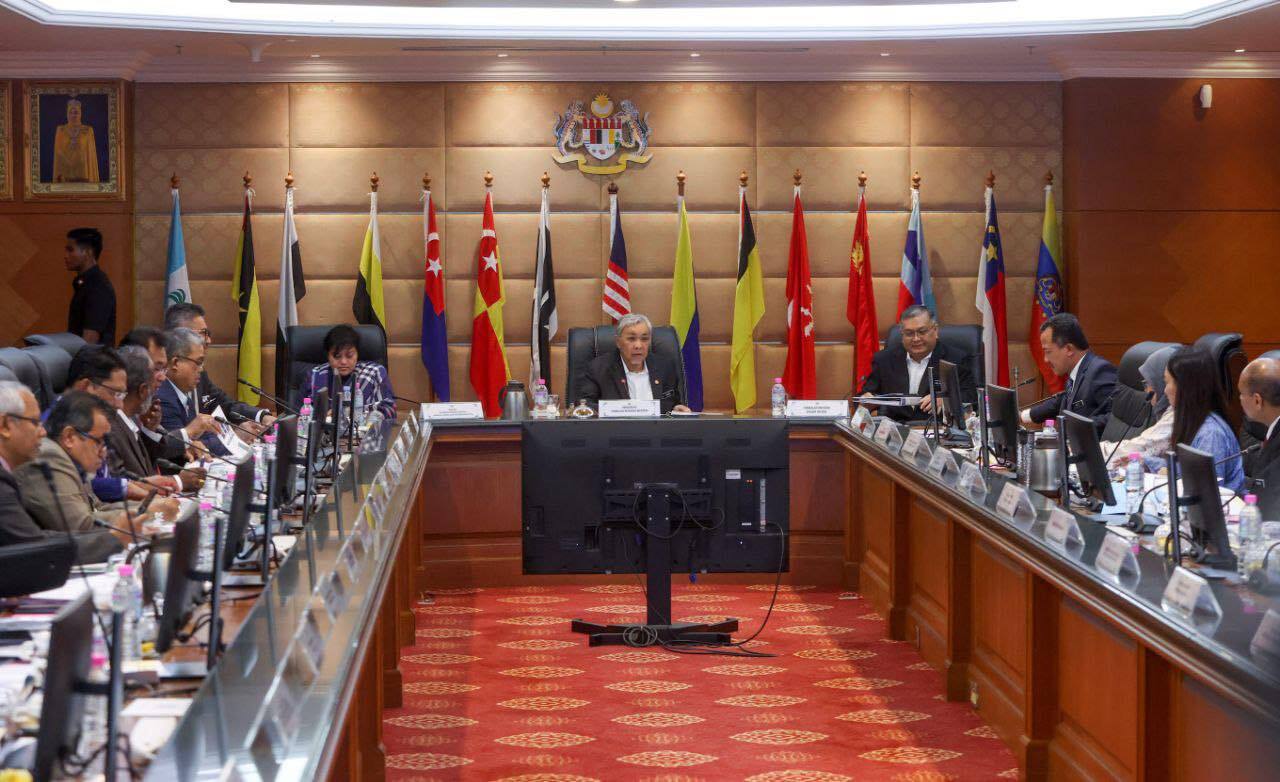KUALA LUMPUR, July 12 – The government has announced a progressive harm reduction approach to drug addiction, touting community-based rehabilitation in lieu of incarceration for people who use drugs.
Minister in the Prime Minister’s Department (law and institutional reform) Azalina Othman Said said in the past seven months, the Legal Affairs Division (BHEUU) at the Prime Minister’s Department has been studying two proposals related to drug policy reform.
The first proposal is to establish a sentencing council to review all criminal sentences in Malaysian criminal legislations, including for drug-related offences, by providing guidelines and reducing imprisonment sentences by promoting more rehabilitation sentences and restorative-based sentences.
The second proposal relates to overhauling the Offenders Compulsory Attendance Act 1954 to promote the imposition of community-based rehabilitation instead of imprisonment for offenders sentenced to jail for three or fewer years, particularly for first-time offenders.
Azalina noted that this could include minor drug offences that comprise nearly two-thirds, or 63 per cent, of prison inmates in the country.
“I hope to present the outcomes of the above efforts as a joint Cabinet paper with the Ministry of Home Affairs and the Ministry of Health by the next Parliament sitting at the end of 2023,” Azalina said in a statement Monday.
“It is vital for the law and enforcement agencies to keep up with the times, especially with regard to the progress of sophisticated manufacturing of synthetic drugs and methods of abuse, as the existing Malaysian laws on drugs were made in the 1950s.
“At this juncture, the discretion of the judiciary is especially important in addressing drug traffickers separately from drug abusers, and for the latter, a case-by-case treatment, such as whether the individual is a first-time user etc. The discretion of the judiciary is also vital in introducing rehabilitation options instead of sentences focusing solely on punishment.”
Recently, the government successfully pushed through Parliament the abolition of the mandatory death penalty for drug-related offences, among other crimes. However, the death sentence for drug trafficking under the Dangerous Drugs Act 1952 was retained.
Azalina cited the 2021 World Drug Report by the United Nations Office on Drugs and Crime (UNODC) that estimated there were 1,097,408 drug users in Malaysia, of which one in eight with drug use disorders were receiving treatment and rehabilitation.
“Given that the UNODC World Drug Report (2021) showed a projected 11 per cent increase in drug users in developing countries by 2030, it is imperative for immediate, holistic, and effective measures to be taken.”
The minister, noting that the majority of prison inmates are drug offenders, described addressing prison overcrowding as a “human rights priority” for the unity government led by Prime Minister Anwar Ibrahim.
“Understanding that drug dependency is a medical condition, the government wishes to revise the present approach to the problem of drug dependency, thus the Deputy Prime Minister’s call for a ‘game-changer’ approach to align efforts by government and non-government agencies,” Azalina said.
“We hope to also see the inclusion of medical intervention, treatment, and rehabilitation in addressing drug dependency.”
Deputy Prime Minister Ahmad Zahid Hamidi, who chaired the first meeting by the Cabinet Committee on the Eradication of Drugs (JKMD) last Monday, gave the Home Affairs Ministry (KDN) and the National Anti-Drug Agency (AADK) three months to coordinate efforts, besides working on current rehabilitation efforts for people who use drugs.
“This meeting is seen as a game-changer for this issue and will be coordinated with all the relevant ministries, agencies, and non-governmental organisations (NGOs),” Zahid said in a statement.
He noted that of the reported 1,097,408 people who use drugs in Malaysia, 96 per cent (1,051,712 people) are male. A total of 328,640 people who use drugs are aged 15 to 29 years, or 30 per cent.
“In fact, a study by Universiti Kebangsaan Malaysia (UKM) in 2020 reported that for every 100 youths in the country, six admitted to having ever used drugs, while four admitted to currently using drugs at the time the study was conducted,” Zahid said.
The photo of the JKMD meeting posted on Zahid’s Facebook page showed both him and Azalina, but Home Minister Saifuddin Nasution Ismail was missing.








